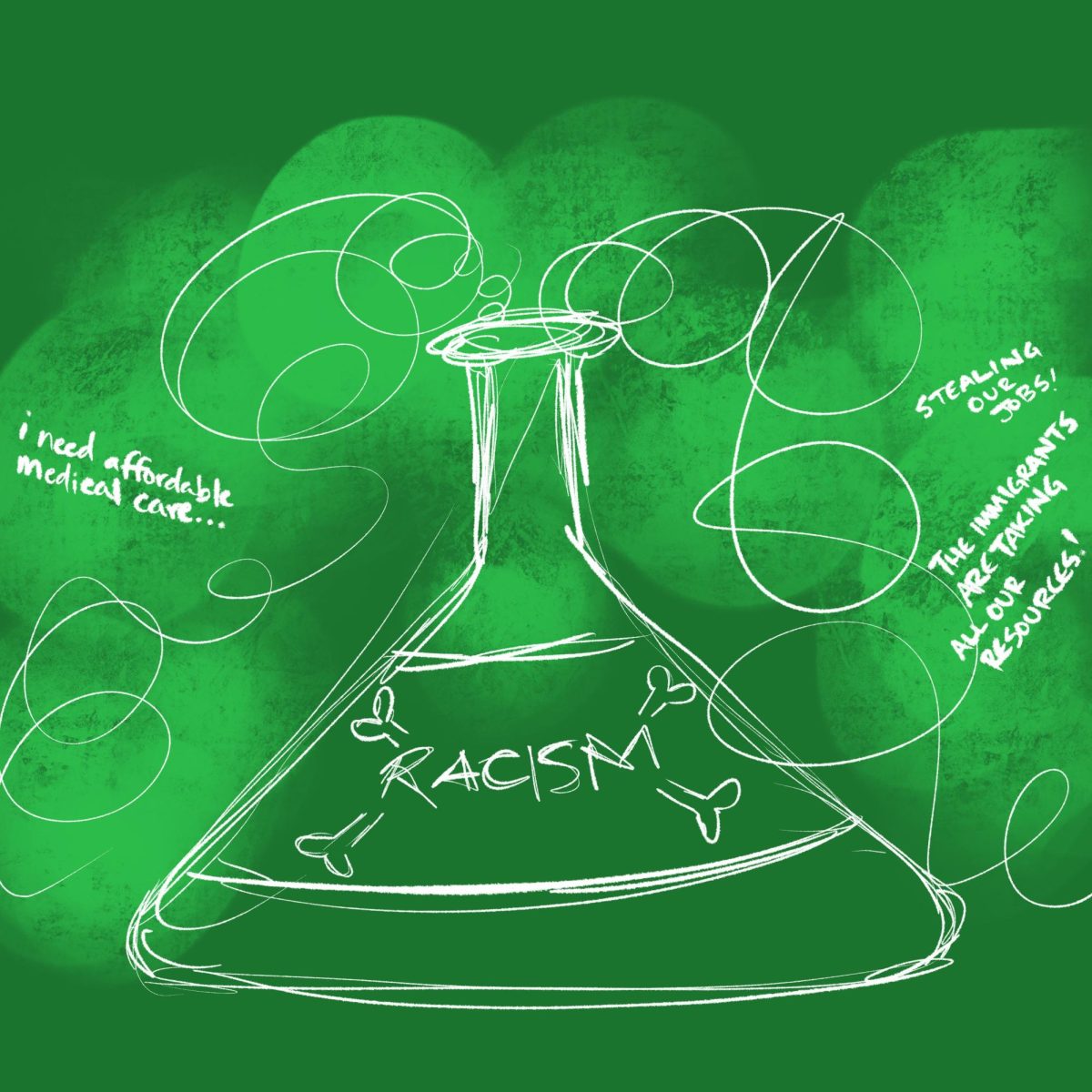State senator tries to ease pain of applying for financial aid
March 2, 2009
Denise Lopresti is sending her daughter Samantha off to college in the fall. ‘ Samantha, a… Denise Lopresti is sending her daughter Samantha off to college in the fall. ‘ Samantha, a senior at Brashear High School, and her mother are beginning to think about how to pay for higher education, which can cost anywhere from $6,000 to more than $40,000 a year in Pennsylvania. ‘ The Loprestis know the importance of filing the Free Application for Federal Student Aid, but they aren’t experienced in the process, which is why they attended a financial aid seminar at Point Park University on Saturday hosted by State Sen. Wayne Fontana, D-Brookline. Fontana, who was recently appointed to the Pennsylvania Higher Education Assistance Agency board, organized the financial aid seminar to educate college-bound students and their parents about different types of financial aid and the process of filling out the FAFSA. ‘ Fontana said that if it were up to him, a college education would be free to anyone who wanted one, but the sad truth is that college, in most cases, simply costs too much. ‘ Jim Cardinale, regional director for the board in Western Pennsylvania, said that the deadline for filing the FAFSA is not until May 1, but different institutions can have different deadlines for filing.’ ‘ Some schools require that students filing for their first year of undergraduate study submit the FAFSA much sooner. For example, Penn State has a submission deadline of Feb. 15. ‘ Cardinale said it’s important for students to meet a school’s deadline, because if they don’t they won’t be considered for the maximum financial aid. ‘ Filing early also gives students more time to compare each school’s offer before committing to one. ‘ Cardinale said that the Pennsylvania State Grant Program makes up to about $4,000 available to students who go to in-state schools, but only $400 for those who attend schools out of state. Students who attend schools in New York, New Jersey or Maryland are not eligible for state grants.’ ‘ ‘ He explained that New York, New Jersey and Maryland don’t give grant money to students from their states that choose to go to schools in Pennsylvania, so Pennsylvania chooses not to give money to students going to schools in those states. ‘ ‘Basically, if your state touches our state, your money has to come here in order for ours to go there,’ said Cardinale.


